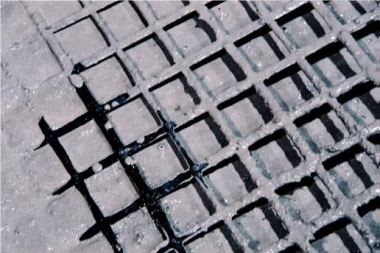INDA: Five new Board of Directors' members
INDA, the Association of the Nonwoven Fabrics Industry, announced the election of five new members to serve on its 2024 Board of Directors. The Board of Directors play a key role in advancing INDA’s strategic objectives, actively supporting both the industry and the membership. Their primary responsibility lies in ensuring that INDA remains responsive to the evolving needs of its members and the broader nonwovens industry, guiding the formulation of policies and programs.
The five new Board members include:
- Jaren J. Edwards, President, Stein Fibers
- Edward McNally, Sales Director Nonwoven, Oerlikon Nonwoven
- Thomas Olsen, Senior Vice President, Americas Business Area, Suominen
- Patricia A Sargeant, Vice President, Glatfelter Corporation
- Paul Wood, President, Ontex North America
The Board is comprised of elected Board Officers. One-third of the entire Board is elected each year for a three-year term by INDA’s general membership. INDA’s Executive Committee, empowered to act on behalf of the Board between meetings, consists of the Board Officers plus appointees.
The Executive Committee includes:
- Chair: Mark Thornton, Vice President, The Procter & Gamble Company
- Vice Chair: Barbara Lawless, VP of Sales and Marketing – Medical Products, Precision Fabrics Group, Inc.
- Past Chair: Bryan Haynes, Senior Technical Director for Global Nonwovens, Kimberly-Clark Corporation
- Appointee: Mike Clark, President, Filtration Solutions, Hollingsworth & Vose Company
- Appointee: Jodi Russell, Vice President R&D, Cleaning Innovation, Packaging & Sustainability, The Clorox Company
- Appointee: Jeff Stafford, Vice President of Nonwovens, Milliken & Company
- Appointee: Robert Weilminster, EVP & General Manager, US & Canada – Health, Hygiene and Specialties Division, Berry Global
- Appointee: Tom Zaiser, CEO, Indorama Ventures
INDA Board of Directors Stein Fibers Oerlikon Nonwoven Suominen Glatfelter Corporation Ontex
INDA, Association of the Nonwoven Fabrics Industry

















